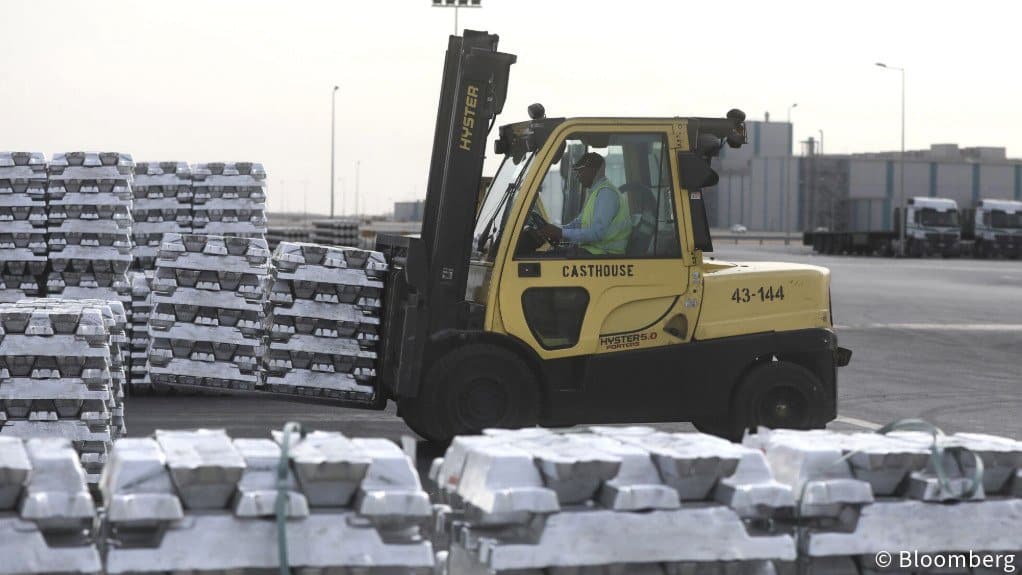Canada’s largest private-sector union, Unifor, is urging the federal government to respond forcefully after US President Donald Trump doubled tariffs on Canadian steel and aluminum imports to 50%. However, Prime Minister Mark Carney has signalled a more cautious approach, stating that Canada will refrain from immediate retaliation.
“These tariffs are killing investment in our steel, aluminum, and auto sectors, and we are already seeing the consequences in lost jobs and economic instability,” Unifor national president Lana Payne said in a statement Wednesday.
“We need immediate and forceful action to defend good jobs and safeguard our national economic security.”
The tariff hike, effective June 4, escalates what Unifor describes as a growing trade war that threatens Canada’s manufacturing base. The US remains the top customer for Canadian steel and aluminum, importing about 25% and 50% of its supply, respectively, from its northern neighbour.
Unifor’s demands to Ottawa include matching the US tariffs with reciprocal 50% duties on American metal, halting strategic metal exports to the US, enforcing stricter border controls on dumped foreign metals, and invoking the Foreign Extraterritorial Measures Act to block job relocations linked to US pressure.
“President Trump fails to understand the chaos and damage these tariffs will inflict on workers and consumers in both Canada and the US,” said Payne. “This is about economic sovereignty. Canada must respond with strength and urgency.”
The increased metal tariffs follow the April 2 introduction of a 25% US tariff on all vehicles manufactured outside the US, including those made in Canada –despite a deeply integrated automotive supply chain and the near-balanced trade relationship between the two countries. This move, Unifor argues, directly violates the spirit and letter of the Canada-United States-Mexico Agreement and its automotive side letters. An additional 25% tariff remains in place based on unsubstantiated border and fentanyl claims.
“These tariffs are a direct blow to aluminum workers in Quebec and across Canada,” said Unifor Quebec director Daniel Cloutier. “They threaten good union jobs and destabilise an industry that plays a critical role in the North American economy.”
The cumulative measures, Unifor warns, risk unraveling cross-border supply chains and could accelerate disinvestment in Canadian manufacturing. Higher input costs are also expected to ripple through key industries, increasing prices for vehicles, infrastructure, and other metal-intensive goods.
Unifor also cautioned that Trump’s trade policies could soon expand to other strategic sectors, including aerospace, softwood lumber, pharmaceuticals, microchips, copper, and even film and entertainment.
“This is a defining moment,” Payne said. “If we don’t defend our industries now, we risk losing them for good.”
Meanwhile, on Wednesday morning, Carney said that discussions with the US were progressing and that the government was still considering its reaction to the US’s latest move to hike tariffs.



